The Final Jackpot: David Lynch’s Legacy in Twin Peaks’ Casino Scene
David Lynch, the enigmatic director who reshaped the landscape of film and television, left behind a legacy that will forever challenge how we perceive reality.
In an uncanny twist of fate, one of Lynch’s most memorable scenes—a bizarre, surreal casino sequence from Twin Peaks: The Return—now feels like a prophetic meditation on life, luck, and death.
As we bid farewell to this master of the surreal, we explore how a simple slot machine scene encapsulates Lynch’s worldview and offers a unique lens for understanding his artistic genius.
The Casino Scene: A Microcosm of Lynch’s Philosophy and Capitalist Critique
In the casino scene, we watch Dougie Jones, a broken vessel for the great Agent Dale Cooper, stumble into a world of chance and chaos. Guided by otherworldly visions, Dougie repeatedly hits the jackpot, much to the bewilderment of those around him. His exclamations of “Helloooooo!” are as comedic as they are unsettling—a childlike cry in a space defined by greed and randomness.
This moment, framed by Lynch’s meticulous use of sound, light, and pacing, is more than just a quirky interlude. It’s a meditation on luck and fate, a hallmark of Lynch’s work. The glowing symbols above the slot machines—visible only to Dougie—imply an unseen force at play, steering events beyond our comprehension. Is life itself not a giant casino, Lynch seems to ask, where luck and destiny intermingle in ways we cannot predict?
Moreover, the presence of the destitute old woman, who initially struggles to win but ultimately benefits from Dougie’s streak, acts as a stark commentary on economic disparity. She embodies those left behind by a system driven by chance and excess, reinforcing Lynch’s critique of capitalism and social inequality.
Lynch’s Own Gamble with Art
Throughout his career, Lynch was never afraid to “pull the lever” on bold ideas, knowing full well the risks involved.
From the abstract horrors of Eraserhead to the soap-opera-meets-nightmare world of Twin Peaks, Lynch played a high-stakes game, often defying conventional storytelling.
His masterful use of sound design in the casino scene amplifies its surreal quality—the exaggerated slot machine jingles, the mechanical repetition of Dougie’s “Helloooooo!“, and the eerie silence that lingers between wins create an unsettling atmosphere.
These sonic elements heighten the tension between luck and fate, drawing the audience deeper into Lynch’s distorted reality. Like Dougie in the casino, Lynch seemed guided by an invisible force, taking chances that consistently led to artistic jackpots.
The Final Spin of the Wheel
As we reflect on Lynch’s death, it’s hard not to see the parallels between his creative life and the world of gambling. The casino scene reminds us that life is unpredictable—a mix of skill, chance, and mysterious forces beyond our control. Lynch understood this better than anyone, crafting stories that embraced chaos while searching for hidden patterns beneath the surface.
Perhaps the casino, with its flashing lights and ceaseless noise, was Lynch’s ultimate metaphor for existence itself: a place of fleeting triumphs, inevitable losses, and the relentless pull of the unknown.
And just as Dougie walks away from the casino with his pockets full and his fate uncertain, Lynch leaves us with a legacy of unanswered questions and a body of work that will continue to inspire and confound.
Lynch’s Enduring Legacy
David Lynch’s death marks the end of an era, but his vision endures. The casino scene in Twin Peaks: The Return is more than a quirky moment in his career—it’s a profound statement on life’s unpredictability and the forces that shape our destinies. As we remember Lynch, we’re reminded that in the grand casino of existence, he always played the game on his own terms—and he always won.
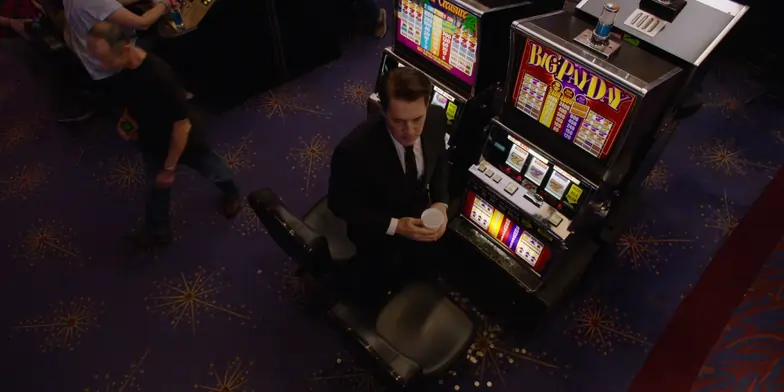
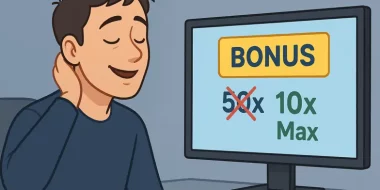
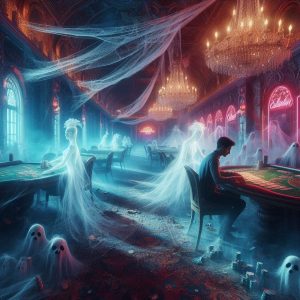
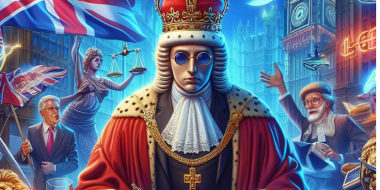
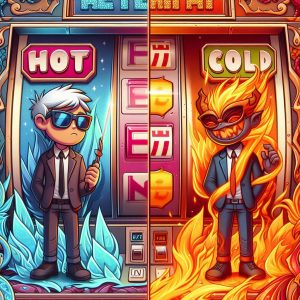
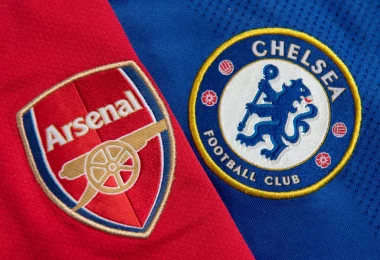

Leave a Reply